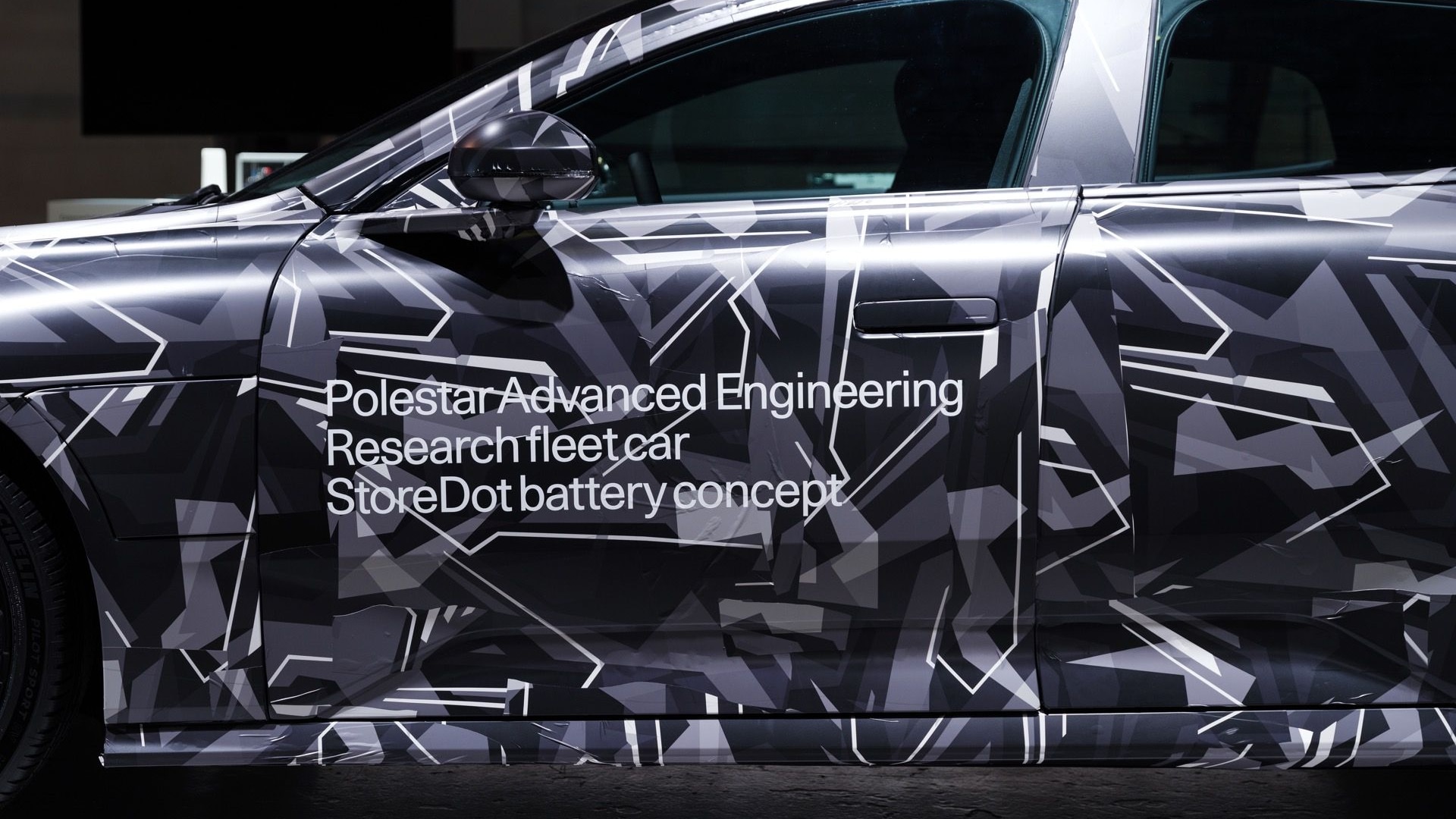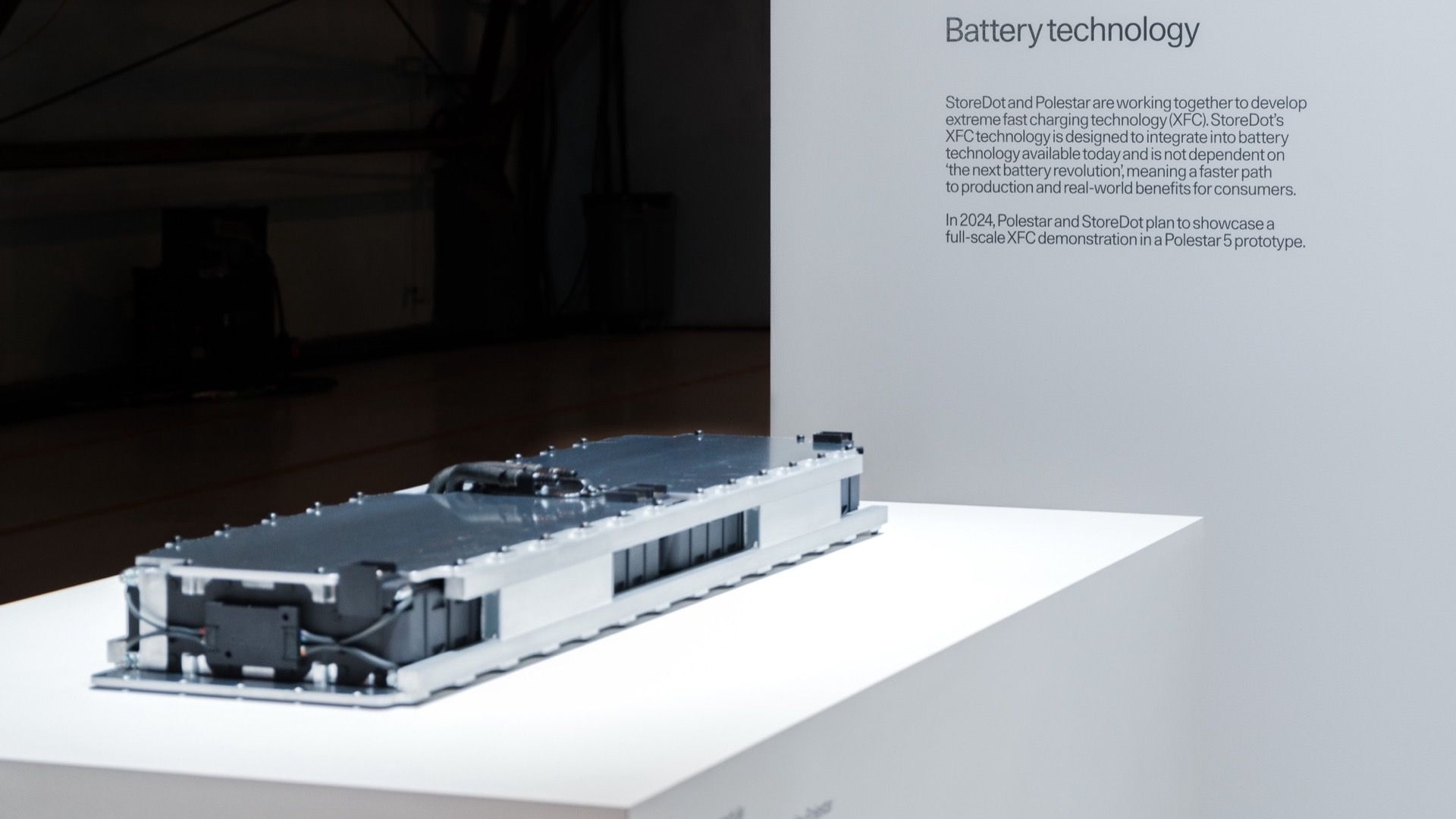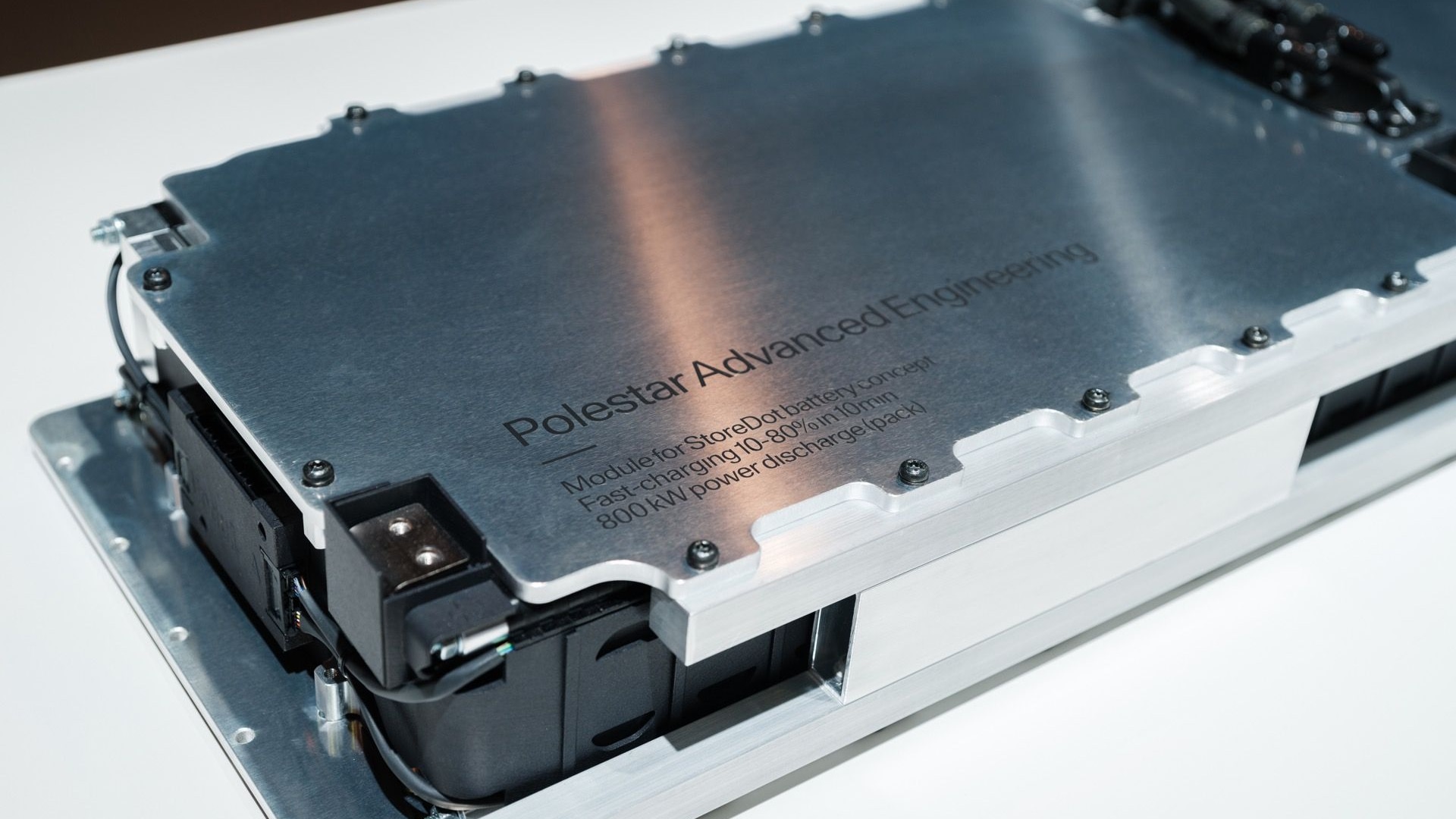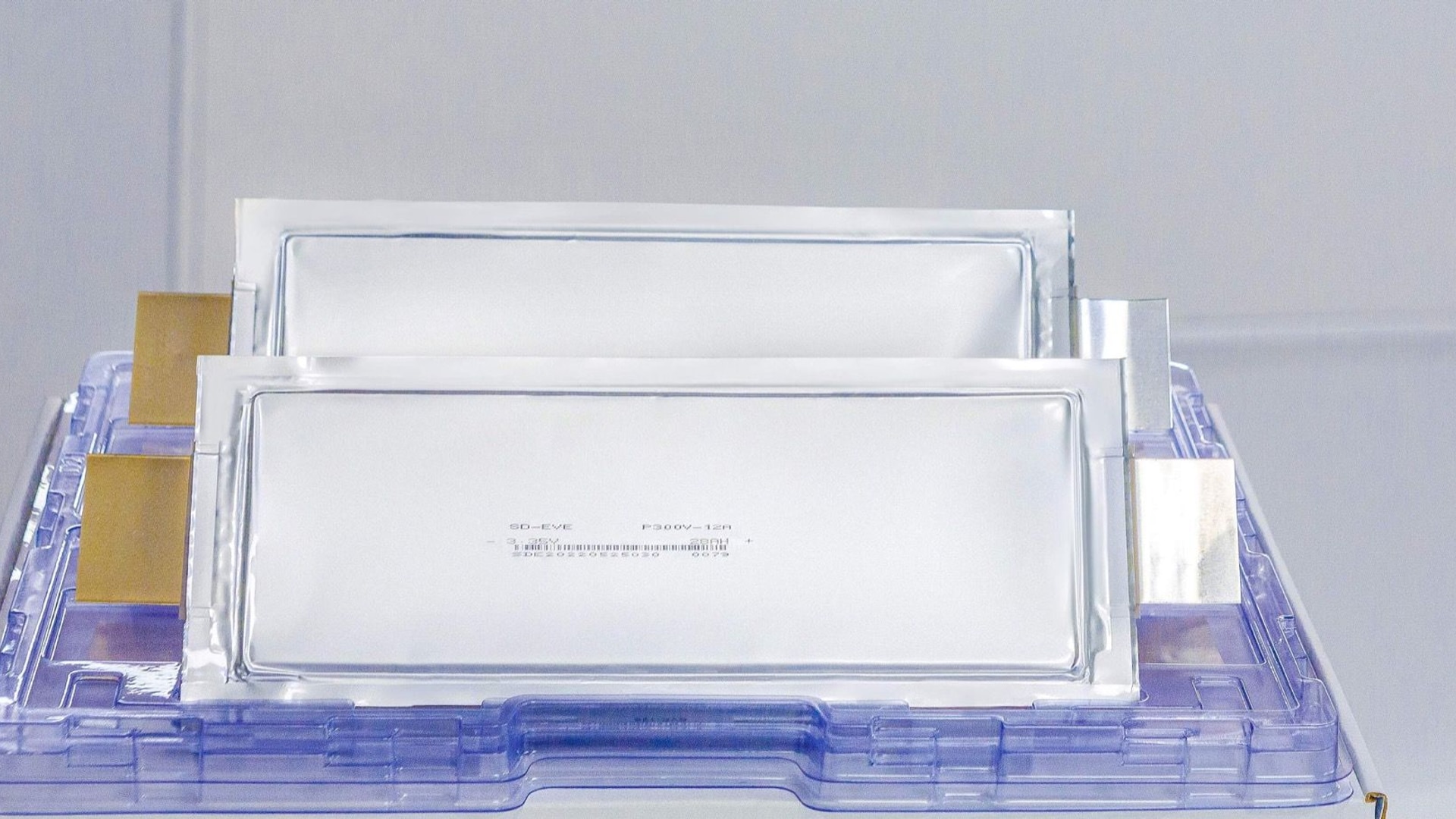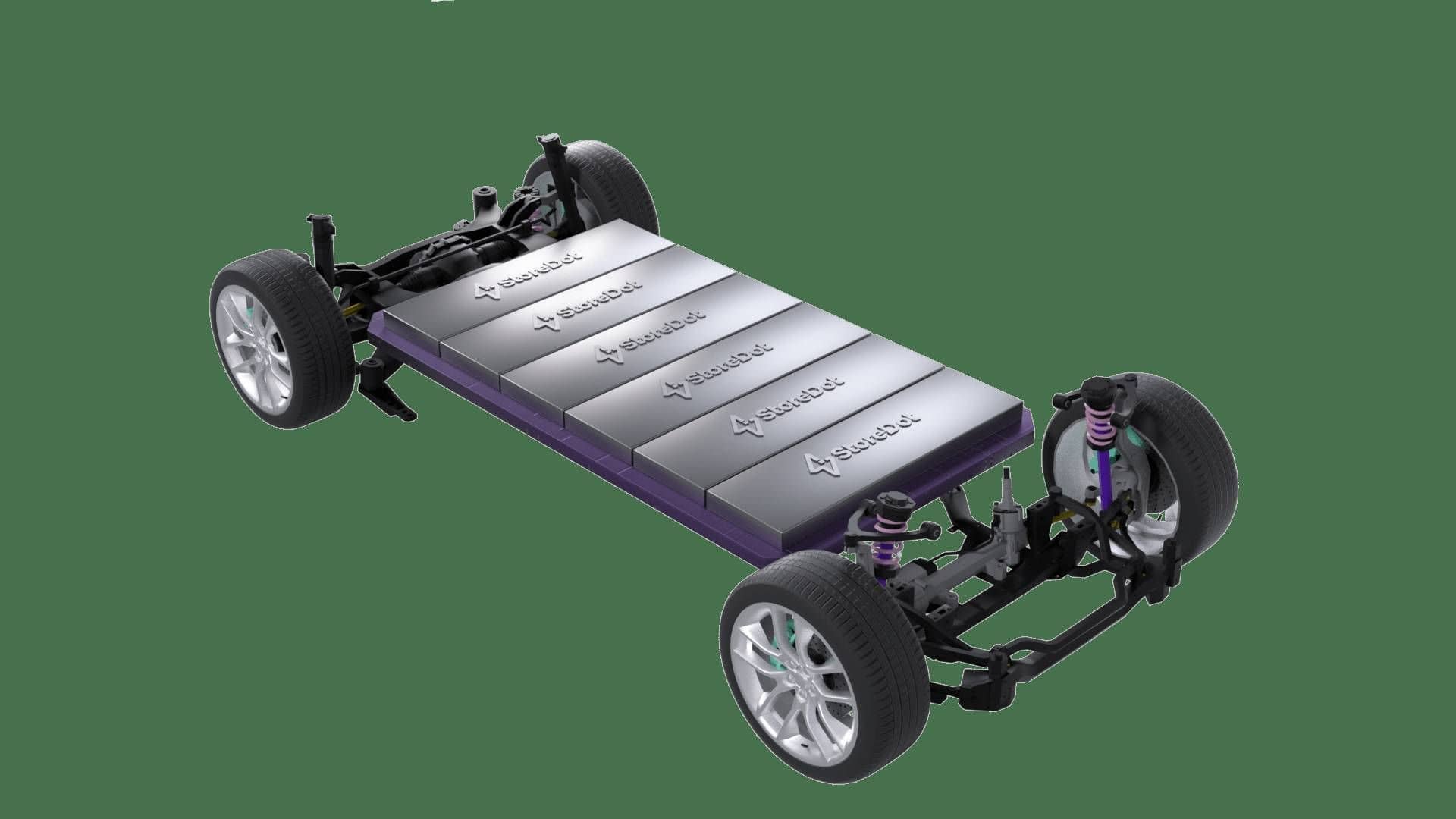The electric vehicle brand Polestar has announced that it plans to make the first EV with extremely fast-charging, semi-solid-state battery cells from the tech firm StoreDot.
The announcement was made as part of a Polestar Day event held in Los Angeles on Thursday, where the companies demonstrated both the charging of StoreDot’s “100-in-5” XFC cell as well as a prototype Polestar battery module incorporating the cells, which combine layered aspects of solid-state and liquid lithium-ion batteries.
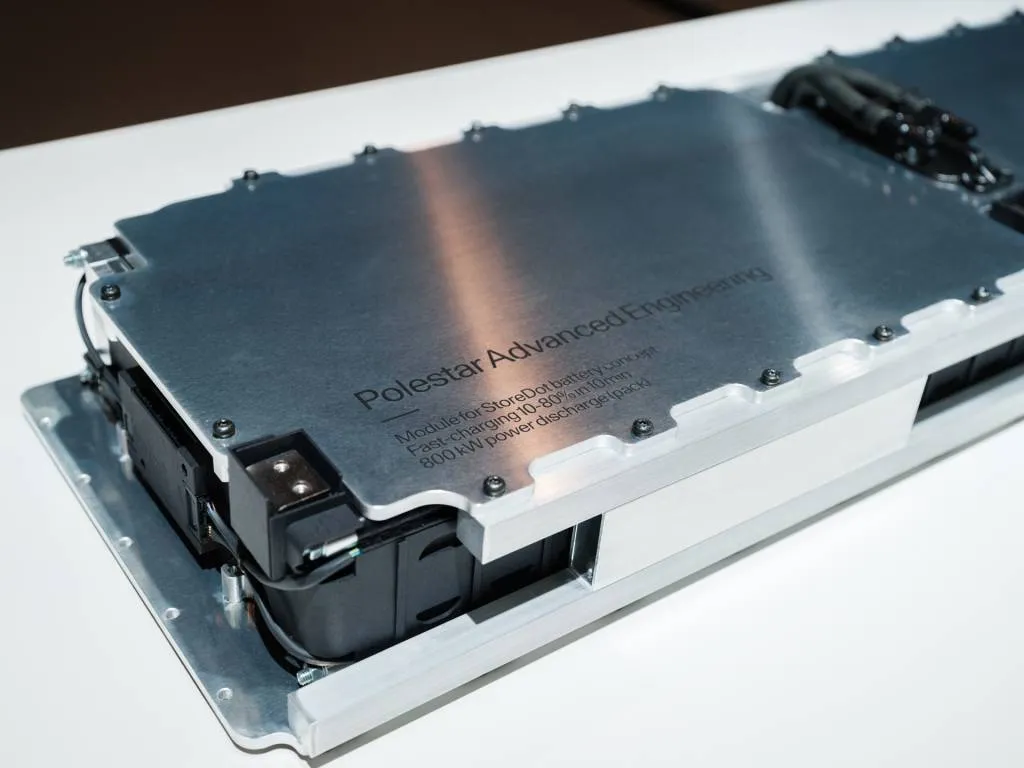
StoreDot semi-solid-state batteries for Polestar
Those cells, according to StoreDot, can be charged to recover 100 miles of range in just five minutes, with no battery degradation. While the company is clear that they’re not the all-solid-state batteries Toyota, Nissan, Honda, and others are targeting for later this decade, StoreDot says it’s transforming the lithium-ion cell “by innovating and synthesizing proprietary organic and inorganic compounds, optimized by Artificial Intelligence algorithms.”
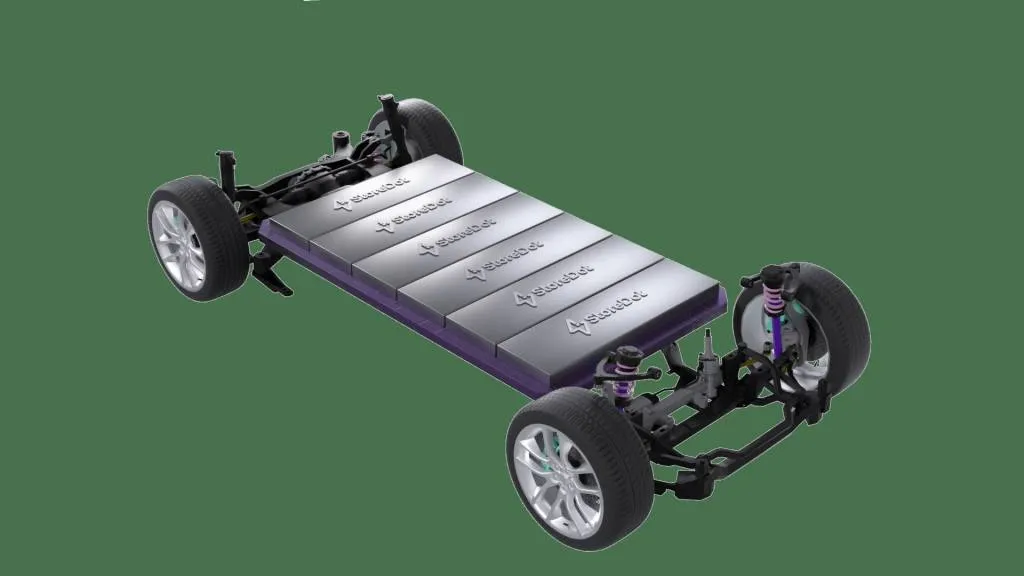
Polestar 5 platform testing StoreDot batteries
Polestar noted that it will investigate how StoreDot’s XFC battery tech might be applied to an existing platform. The company will put it into a model that isn’t yet sold—a Polestar 5 prototype vehicle—in 2024. Design and cooling will be a collaborative effort between the companies. The brand has otherwise said that the Polestar 5 is coming in 2024 with a range of 300 miles or more and a price starting around $100,000, so it’s shaping up to be a rival to the Tesla Model S, Lucid Air, Mercedes-Benz EQS, and others.
Polestar noted that StoreDot represented its first investment in another company. BP is an investor in the firm, and in addition to Polestar its cousin and part owner Volvo Cars also holds a stake.
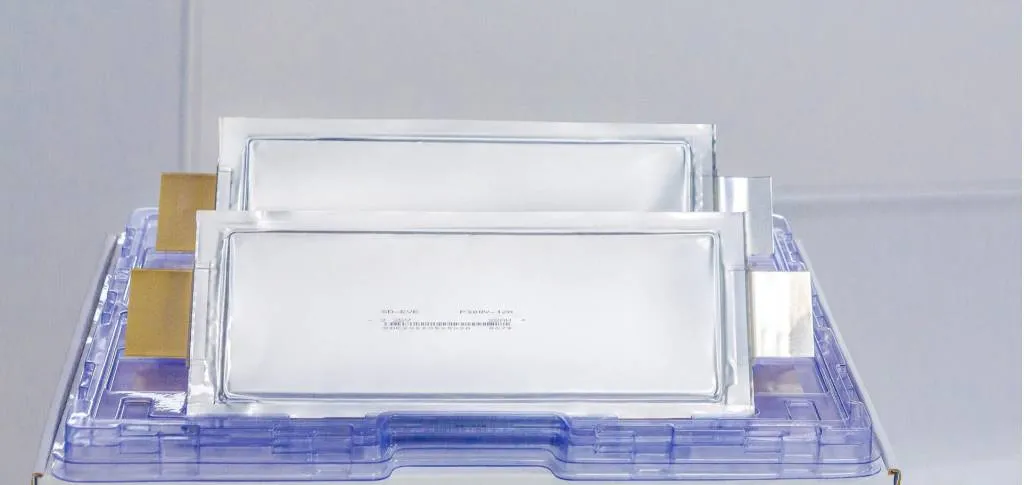
StoreDot cells for Polestar
“We are extremely pleased and proud that Polestar aims to be the first automotive company to showcase our extreme fast charging battery cells in a full-scale, driveable prototype,” said StoreDot CEO Doron Myersdorf in a release on the project, pointing out that the announcement served as a “strong endorsement that the technology is readying for mass production.”
Just earlier this week Polestar announced that it plans to get “superior driving range” from some very large battery cells in the Polestar 5—not unlike the size of the giant Ultium pouch cells on which GM is betting some of its future.
StoreDot argues that its battery tech will allow automakers to design EVs with smaller battery packs and less cost and weight. Its cells aren’t limited to a particular format, it says, with pouch, prismatic, and cylindrical all possible.
